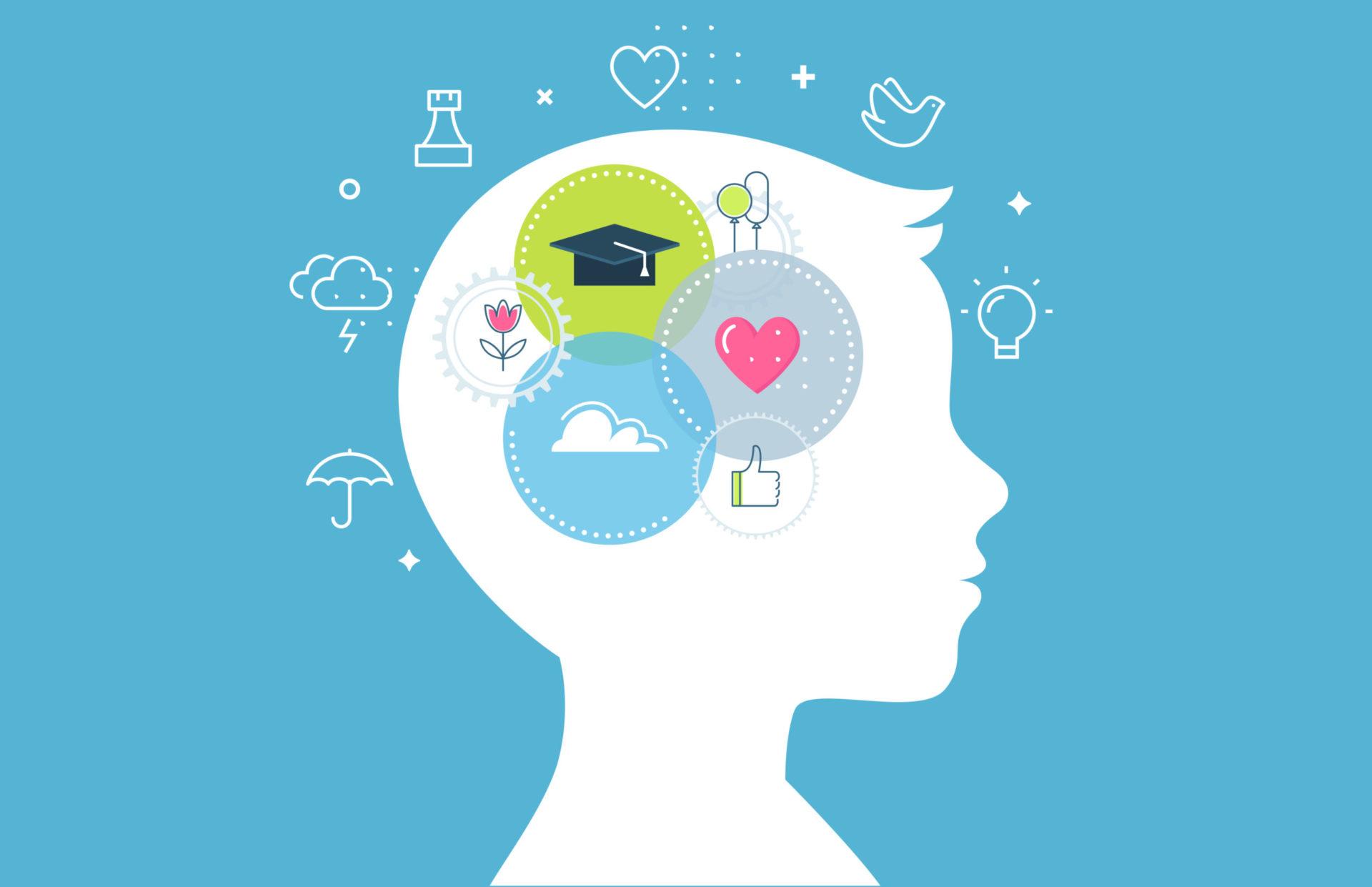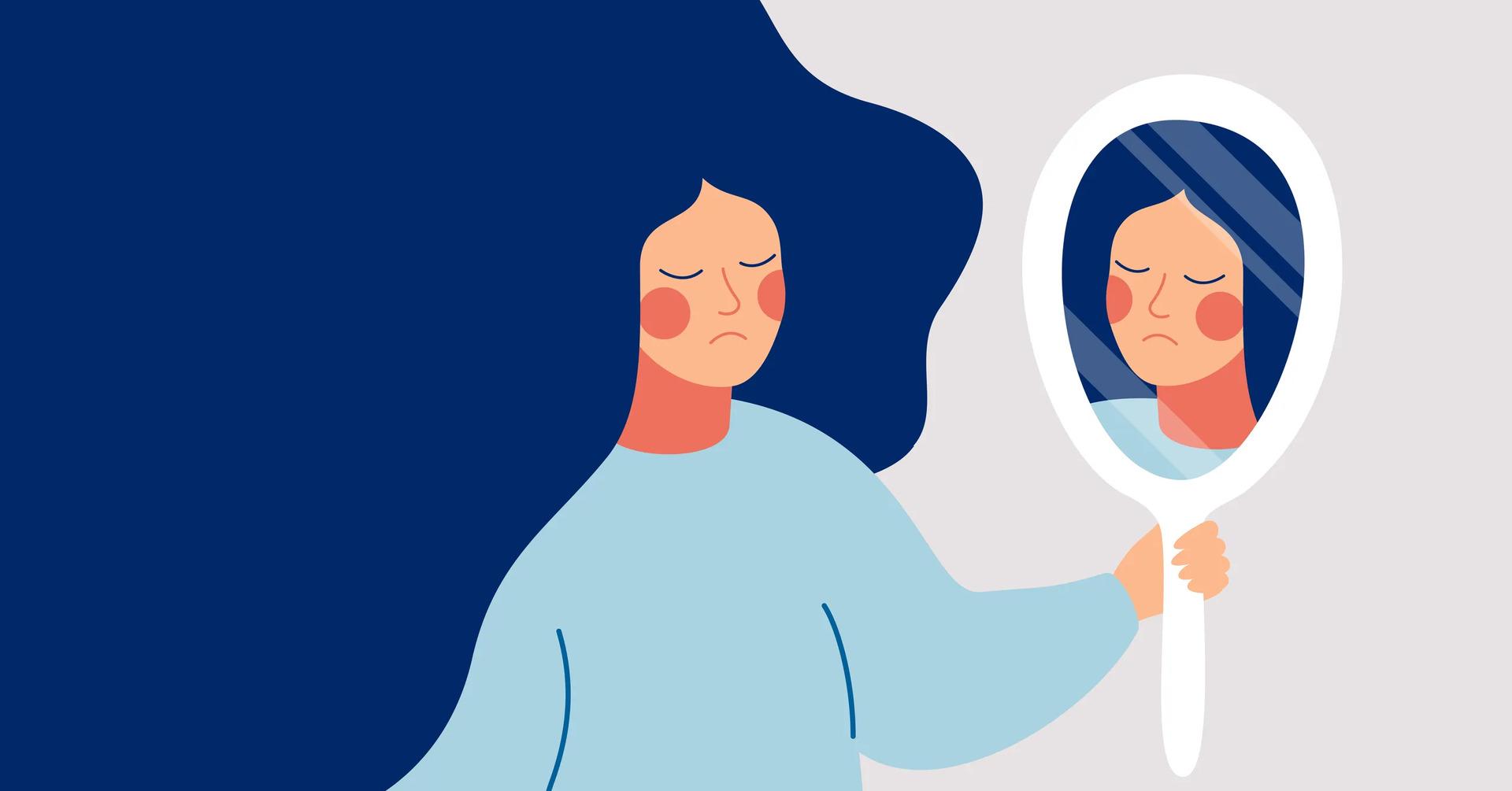Social media is an online platform that allows users to connect with others and share content, such as photos, videos, and text-based posts. Many people use these platforms daily to connect with friends and family, share their thoughts and experiences, and stay up-to-date with the latest news and trends. Some popular social media platforms include Facebook, Instagram, Twitter, and LinkedIn.
Social well-being refers to an individual’s overall health and happiness in their social life. It involves feeling connected and supported by others, having positive relationships and social interactions, and participating in activities that bring enjoyment and fulfillment.
Positive Mental Health(PMH) is a state of well-being in which an individual can cope with life’s challenges, increase work productivity, and make meaningful contributions to their community. It is not the absence of mental health problems but rather a sense of balance and resilience that allows an individual to lead a fulfilling and healthy life.
Self-rated health (SRH) measures an individual’s perceived health status or overall health evaluation. It is often used in population health studies as a subjective but reliable measure of health and can provide valuable insights into an individual’s health and well-being.
Various public health research has focused on the impact of social media use on health-related outcomes. Previous research suggests that social media use is negatively associated with health-related results.
A recent longitudinal study found that Facebook use was generally negatively associated with well-being. This study showed that the negative association of Facebook usage was equal to or greater than the positive effect of offline interaction.
This study examined the link between social media use and its integration into social routines. The study also assessed the emotional connection to social media use with three results related to health: social well-being, positive mental health, and self-reported health.
The research gathered data from a sample of 1,027 American adults 18 years and older. The participants were surveyed between June and July 2018.
Social Media Use was measured using a Social Media Use Integration Scale developed by Jenkins-Guarnieri, Wright, and Johnson. The scale consists of 10 items with a 5-point Likert-type response scale. This scale measures the integration of users’ social behaviour and daily routines, along with the importance of an emotional connection.
Social well-being was assessed by using the Keyes’ 15-item social well-being scale (SWBS-15). It is a 5-point Likert-type scale having five dimensions: Social Integration, Social Acceptance, Social Contribution, Social Actualization, and Social Coherence.
Positive Mental Health was measured using the Positive Mental Health Scale (PMH scale) developed by Lukat, Margraf, Lutz, van der Veld, and Becker. The scale consists of 9 items with a 5-point Likert-type scale.
Self-Rated Health was assessed using Jung, Ramanadhan, and Viswanath’s Self-Rated Health Scale, which used a 5-point Likert-type scale for respondents to answer.
Significant correlations were found between social well-being, age, education, and income. At the same time, social well-being was found to decline with age.
Positive Mental Health was found to be higher in people with higher education levels and incomes. In addition, PMH was higher in black and Hispanic racial/ethnic groups and lowered in ‘other’ racial/ethnic groups than whites.
PMH was also associated with social media use behaviour. It was positively related to routine use and negatively associated with emotional connection.
Self-Related Health was related not only to sociodemographic factors but also to social media use. Age, education, and income were significant factors associated with her SRH, as it was with social well-being.
The study also found that the relationship between routine use and both social well-being and emotional connection with SRH varied significantly among subgroups of the population.
To conclude, social media usage is proven to affect a human’s emotional response and thinking process. Anything that is provided in excess always proves to be harmful and never fruitful enough. The same is the case with social media taking over and its destructive impact on normal social behaviour.




